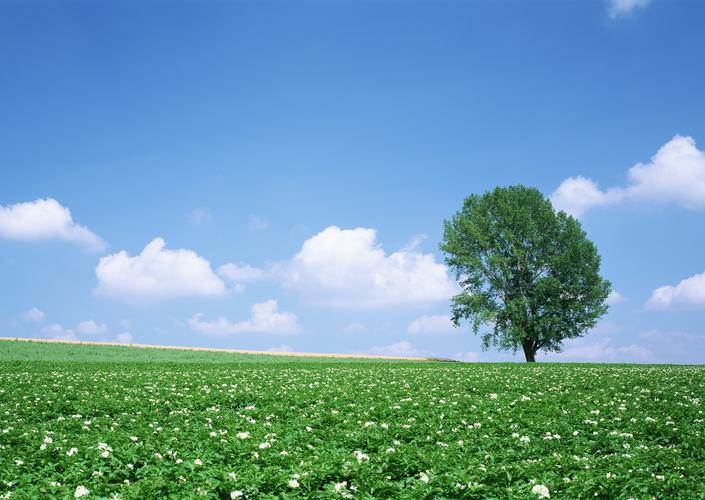Exploring the Richness of German Cultural Heritage: A Journey Through Time and Traditions
As one of the most vibrant and diverse cultural destinations in Europe, Germany boasts a rich history and a unique blend of traditions that have been shaped by its complex past. From the sprawling landscapes of Bavaria to the charming streets of Berlin, exploring the richness of German cultural heritage can be a fascinating journey through time and traditions.
The Roots of German Culture
German culture has its roots in the ancient tribes that inhabited the region, such as the Goths, Saxons, and Franks. Over time, these tribes were influenced by various other cultural movements, from the Roman Empire to the Christian Church. The arrival of the Huns in the 5th century marked a turning point in German history, as it led to the fragmentation of the tribes and the rise of numerous kingdoms. This period of instability eventually gave way to the reign of Charlemagne, who united much of Western Europe under his rule, and laid the foundations for the Holy Roman Empire.
German Arts and Culture
German arts and culture have had a significant impact on the world, from the literary works of Goethe to the groundbreaking movies of Fritz Lang. One of the defining movements of German art was the Expressionism that emerged at the start of the 20th century, which emphasized emotional intensity and psychological depth. The Bauhaus School, which was founded in Weimar in 1919, is another example of a unique German cultural movement. The Bauhaus was a radical art school that embraced functional design and sought to merge art with technology.
Germany’s culinary traditions are also an essential part of its cultural heritage. German cuisine dates back to medieval times, and many of the dishes that are popular today, such as sausages and sauerkraut, have their roots in that period. Despite its reputation for meat-heavy fare, Germany also has a vibrant vegetarian scene, with a growing number of restaurants and cafes catering to plant-based diets.
German Festivals and Celebrations
Germany is renowned for its lively festivals and celebrations, which include some of the world’s most famous events. Oktoberfest, which takes place in Munich every year, is perhaps the most well-known, with millions of visitors traveling to the Bavarian capital to enjoy traditional food, beer, and music. Other highlights include the annual Christmas markets that take place across the country, offering visitors the chance to sample delicious festive treats and unique handcrafted gifts.
Germany’s Cultural Heritage Sites
Germany is home to a vast array of historical and cultural landmarks, from the ancient Roman ruins of Trier to the world-renowned Brandenburg Gate in Berlin. The Gothic-style Cologne Cathedral is one of the country’s most iconic landmarks, while the beautiful Neuschwanstein Castle is a testament to the country’s rich cultural heritage. Other notable sites include the historical city centers of Dresden and Nuremberg, as well as the picturesque landscapes of the Black Forest and the Bavarian Alps.
In Conclusion
As we have seen, exploring the richness of German cultural heritage can be an exciting and enriching experience. From its deep-rooted history to its vibrant culinary traditions and lively festivals, Germany truly offers something for everyone. Whether you’re a lover of art and architecture, or simply seeking to immerse yourself in the country’s unique culture, a journey through time and traditions in Germany is sure to be a memorable one.
(Note: Do you have knowledge or insights to share? Unlock new opportunities and expand your reach by joining our authors team. Click Registration to join us and share your expertise with our readers.)
Speech tips:
Please note that any statements involving politics will not be approved.
